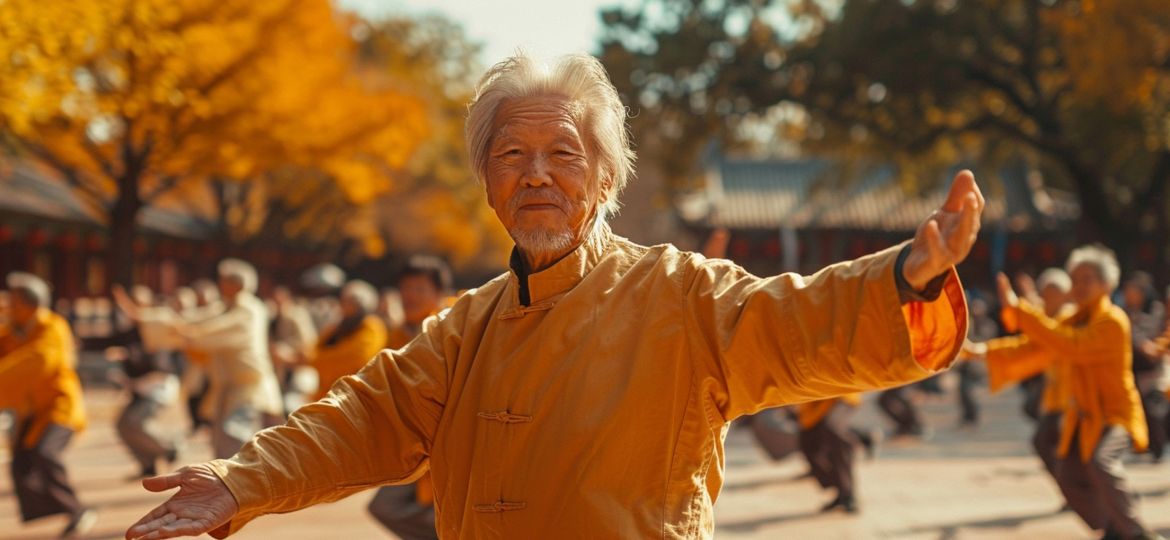
Tai Chi and Cognitive Behavioral Therapy: A Powerful Duo for Breast Cancer Survivors
New research from UCLA Health highlights the profound benefits of Tai Chi and cognitive behavioral therapy (CBT) for breast cancer survivors struggling with insomnia. While both treatments effectively improve sleep, Tai Chi offers additional advantages by reducing inflammation, while CBT strengthens the body’s antiviral defenses.
Chronic insomnia is one of the most common issues among cancer survivors, posing serious health risks—including increased inflammation, which may raise the chances of cancer recurrence. Studies show that around 30% of breast cancer survivors suffer from insomnia, nearly double the rate of the general population. Although previous research has confirmed the effectiveness of both CBT and mind-body practices like Tai Chi for treating insomnia, little was known about their impact on inflammation—until now.
Published in the journal Brain, Behavior, and Immunity, this study tracked 90 breast cancer survivors over 15 months, analyzing blood samples at multiple intervals. The findings revealed that Tai Chi led to significant and sustained reductions in inflammation, whereas CBT participants showed greater increases in antiviral gene activity, potentially strengthening their immune defenses against infections.
“Tai Chi can be easily practiced in community settings at a low cost, making it an accessible treatment for insomnia among adults, older adults, and cancer survivors,” said Dr. Michael Irwin, lead researcher and professor at UCLA Health’s Department of Psychiatry and Biobehavioral Sciences. “More importantly, compared to CBT, Tai Chi provides additional benefits by reducing inflammation in breast cancer survivors.”
The study built upon previous research from 2017, in which Irwin examined the effectiveness of Tai Chi versus CBT for treating insomnia. Blood samples from the 90 participants, collected between 2008 and 2012, were analyzed at 2-, 3-, 6-, and 15-month intervals after treatment. Participants attended either weekly Tai Chi or CBT sessions for three months, each lasting 120 minutes.
At the 15-month mark, researchers observed that Tai Chi practitioners exhibited decreased inflammatory markers, particularly in plasma interleukin-6, TLR-4-stimulated monocyte production, and inflammatory gene expression. Meanwhile, those in the CBT group demonstrated increased antiviral gene activity, indicating enhanced resistance to infections.
“Effective insomnia treatment has a powerful impact on the immune system,” Irwin noted. “Tai Chi primarily reduces inflammation, while CBT boosts antiviral immunity. Future studies should explore how combining these approaches might offer even greater benefits, especially for cancer survivors at risk of inflammatory diseases and infections.”
Despite its promising findings, the study had limitations. Participants were mostly white, older (ages 42-83), and well-educated, with no coexisting medical conditions. Additionally, access to Tai Chi may be limited in some communities, and its long-term benefits require consistent practice. Sleep-wake cycle changes and circadian rhythm alignment may have also influenced the observed health improvements.
Ongoing research continues to explore inflammation patterns and accelerated aging in breast cancer survivors compared to non-cancer control groups. These studies aim to identify behavioral and biological strategies to prevent depression and other chronic health conditions in cancer survivors.
